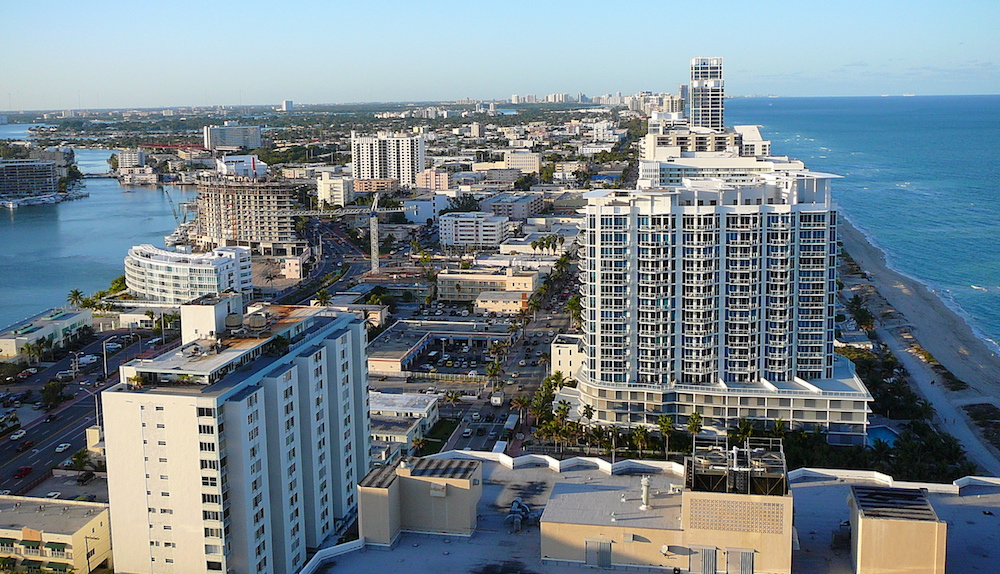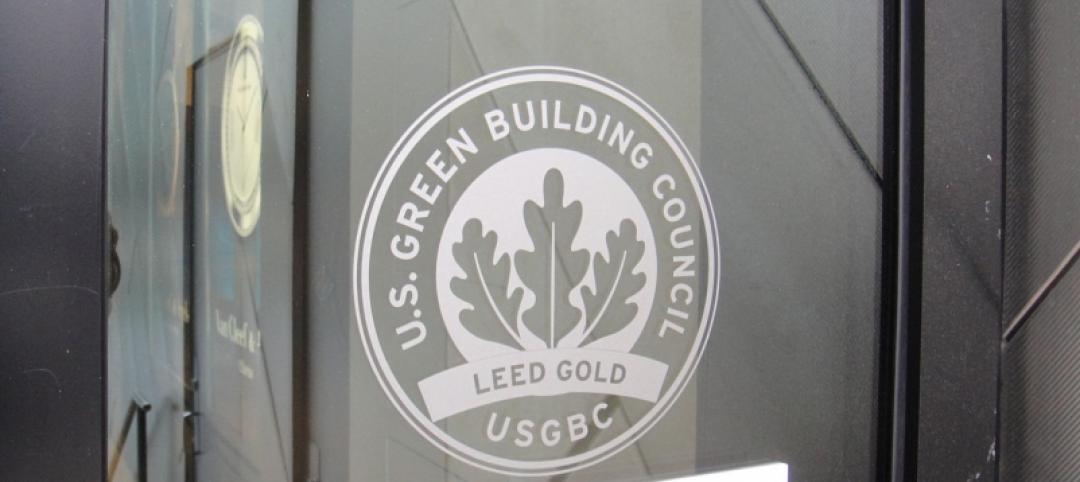A new law in Miami Beach, Fla., requires buildings larger than 7,000 sf to meet Leadership in Energy and Environmental Design (LEED) specifications or pay a fee that is equal to 5% percent of the construction costs.
New structures larger than 7,000 sf must be LEED Gold certified. LEED Silver certification is required for new buildings larger than 50,000 sf.
LEED Silver is now required on all new Miami-Dade County-owned buildings. The fee was set at 5% based on estimates of how much it typically costs builders to achieve a LEED certification. LEED Gold or Platinum buildings are not required to pay a fee. The fee for LEED Silver structures is about 3%.
The city’s environment and sustainability director told the Miami Herald that the city wants to build a fund for sustainability projects such as building permeable pavements and improving the beach’s tree canopy.
Related Stories
Codes and Standards | May 30, 2017
Industry Groups move toward Unified Green Building Model Code in 2018
The effort involves combining ASHRAE's Standard 189.1 with the International Green Construction Code.
Green Specifications | Jul 8, 2016
World Green Building Council sets goal of 100% net-zero buildings by 2050
All new buildings and major renovations to be net-zero by 2030.
Green | Jun 8, 2016
TD Bank Group's renovated Toronto office is first WELL-Certified project under WELL v1
The newly renovated 25,000-sf space achieved gold-level status.
Codes and Standards | Apr 11, 2016
New LEED 2009 projects will have to meet increased minimum energy performance
New requirements went into effect April 8.
Green Specifications | Sep 18, 2015
Energy Dept. releases common definition of zero energy building
Provides guidelines for measurement and implementation
Green Specifications | Sep 4, 2015
ASHRAE proposes standardization of global rating systems
Goal is to ensure users are aware of factors that impact their ratings.
Green | Jul 27, 2015
MUST SEE: Dutch company to test using plastic waste for road construction
KWS Infra is piloting a program to make roads from plastic garbage, including bags and bottles extracted from the ocean.
Sponsored | Metals | Jul 20, 2015
Life cycle assessment, and why you should care
LCA is a way of quantifying the environmental impact generated by the manufacture and delivery of a product.














